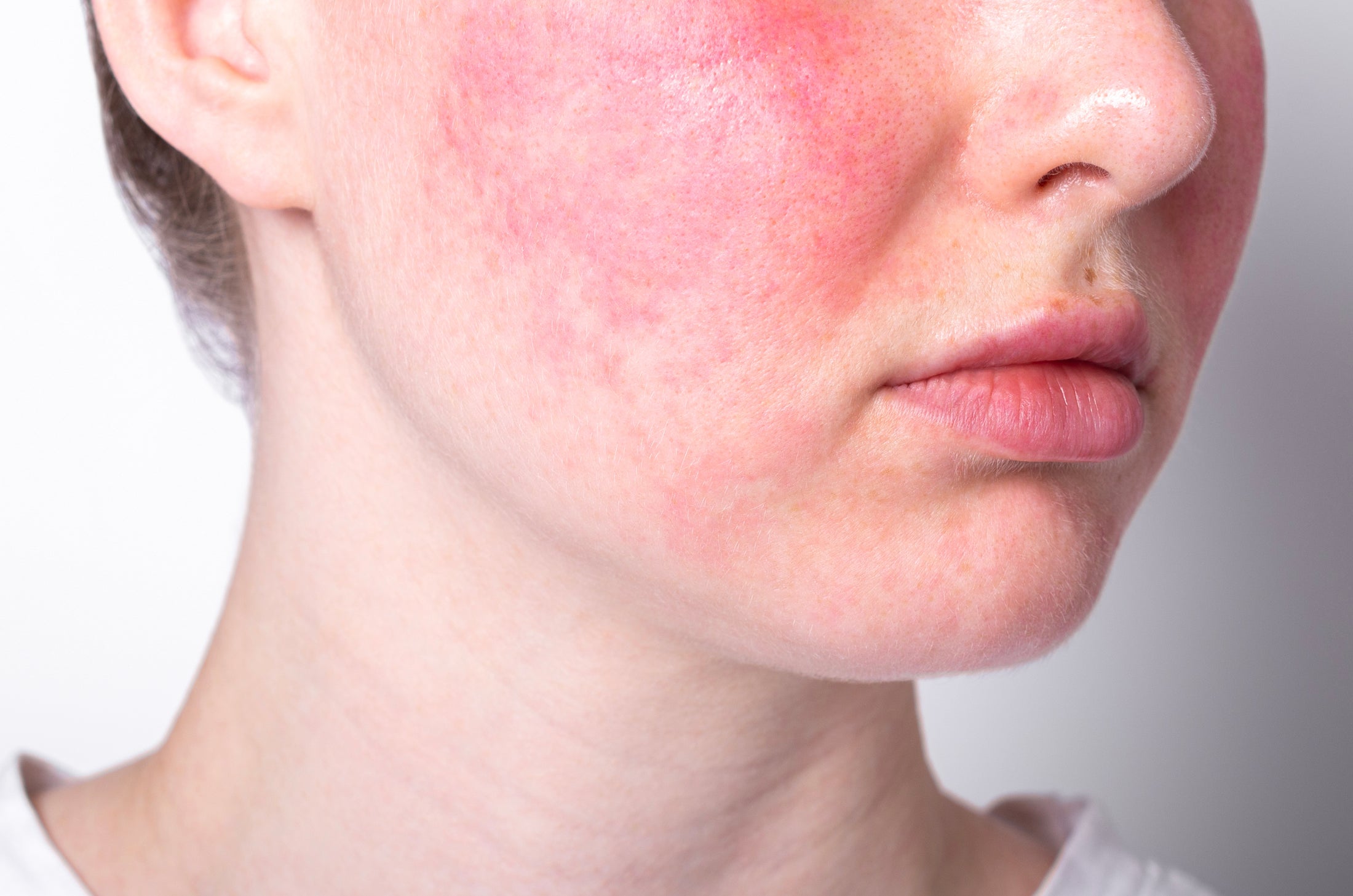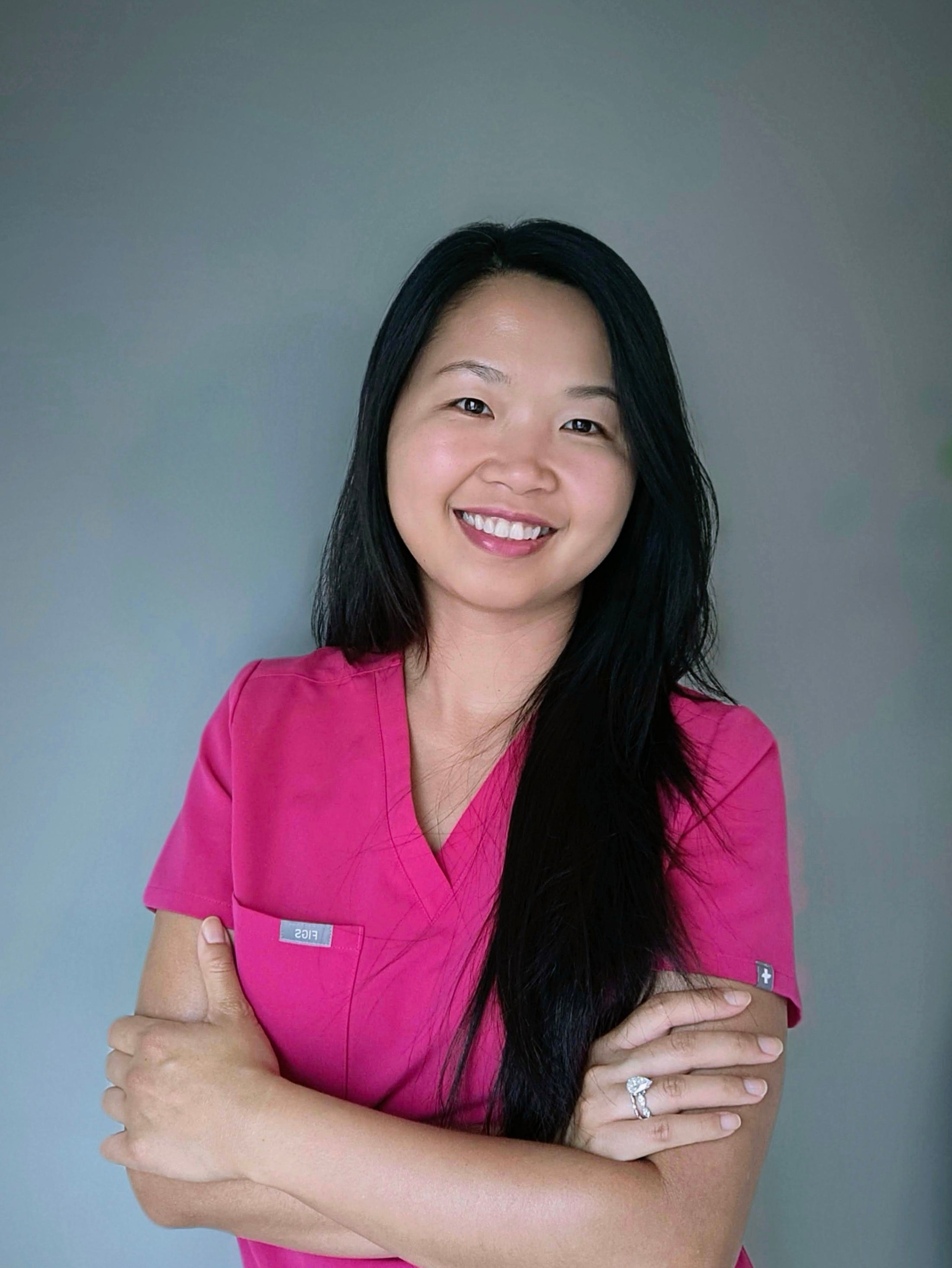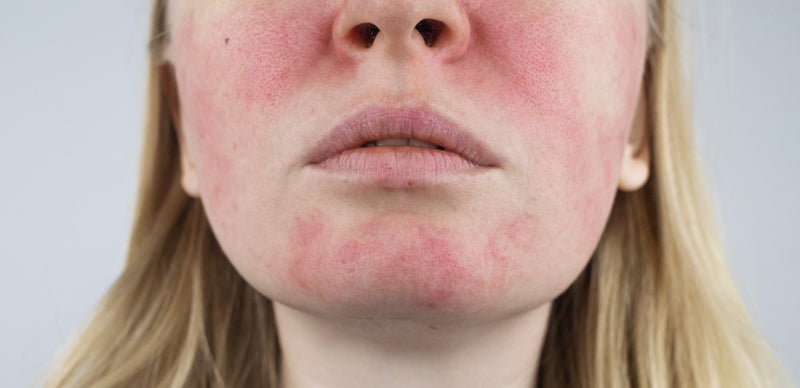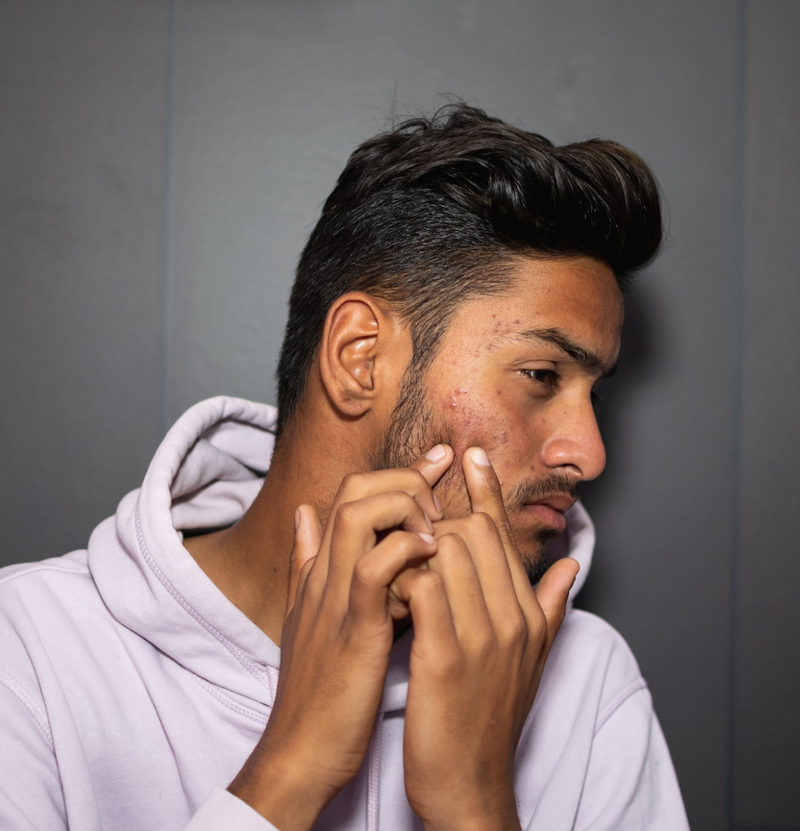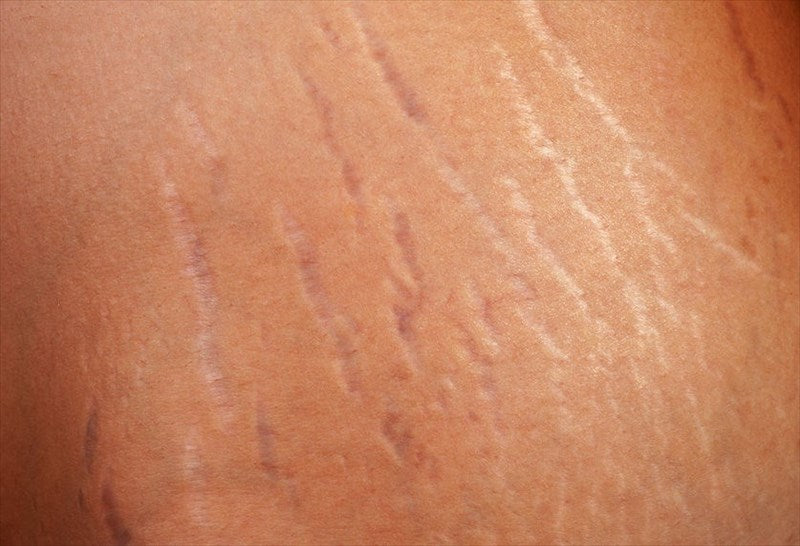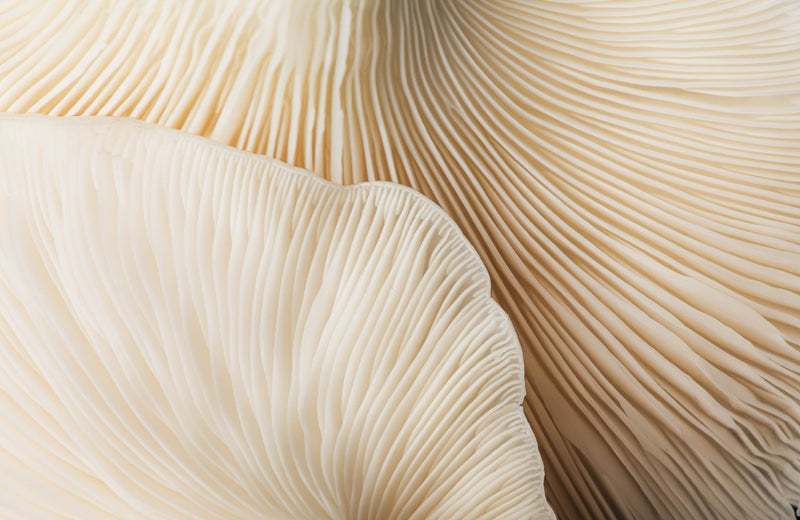What Is Rosacea?
If your face often looks red, blotchy, or breaks out in bumps that aren’t quite acne, you might be dealing with rosacea. It’s a common skin condition that usually shows up in adulthood, and it loves to stick around if not treated. Most people notice it on the cheeks, nose, forehead, or chin, and sometimes even in the eyes.
What Causes It?
The exact cause of rosacea is unknown, but a few common factors are usually at play:
- An overactive immune system can lead to more inflammation, making your skin red, irritated, and sensitive.
- Demodex mites, tiny organisms that live on everyone’s skin, can cause problems when they multiply too much, triggering irritation.
- Environmental triggers like sun exposure, heat, stress, spicy foods, alcohol, and hot drinks can cause your blood vessels to overreact, worsening symptoms.
Everyone’s triggers are different, so it’s helpful to track what seems to set yours off.
Types of Rosacea
Rosacea isn’t a one-size-fits-all. There are four main types:
- Erythematotelangiectatic Rosacea – constant redness and visible blood vessels
- Papulopustular Rosacea – red bumps and breakouts (often mistaken for adult acne)
- Phymatous Rosacea – thickened skin, usually around the nose
- Ocular Rosacea – red, irritated, or watery eyes
How to Treat It
Rosacea is a chronic but manageable condition. It might take a bit of trial and error, but with consistency, you can get it under control. Here’s what usually helps:
- Topical treatments like metronidazole or ivermectin help reduce bumps and redness.
- Oral antibiotics can be used for more persistent or severe flare-ups.
- Laser therapy targets visible blood vessels and helps even out skin tone.
- Gentle skincare is key! Prioritize fragrance-free products, skip the scrubs, and avoid harsh ingredients.
- Daily sunscreen is a must, no exception.
Preventive Measures
Rosacea isn’t curable, but you can keep it under control:
- Wear a physical sunscreen with zinc oxide or titanium dioxide (SPF 30+) every day.
- Steer clear of your triggers, whether it’s hot drinks, wine, or the sauna.
- Treat your skin gently with mild cleansers and moisturizers.
- Manage stress. Just five minutes of deep breathing can make a difference.
- Track your flare-ups to spot patterns and prevent future ones.
